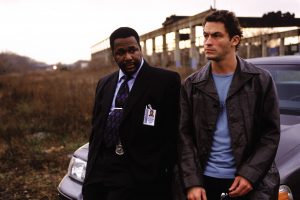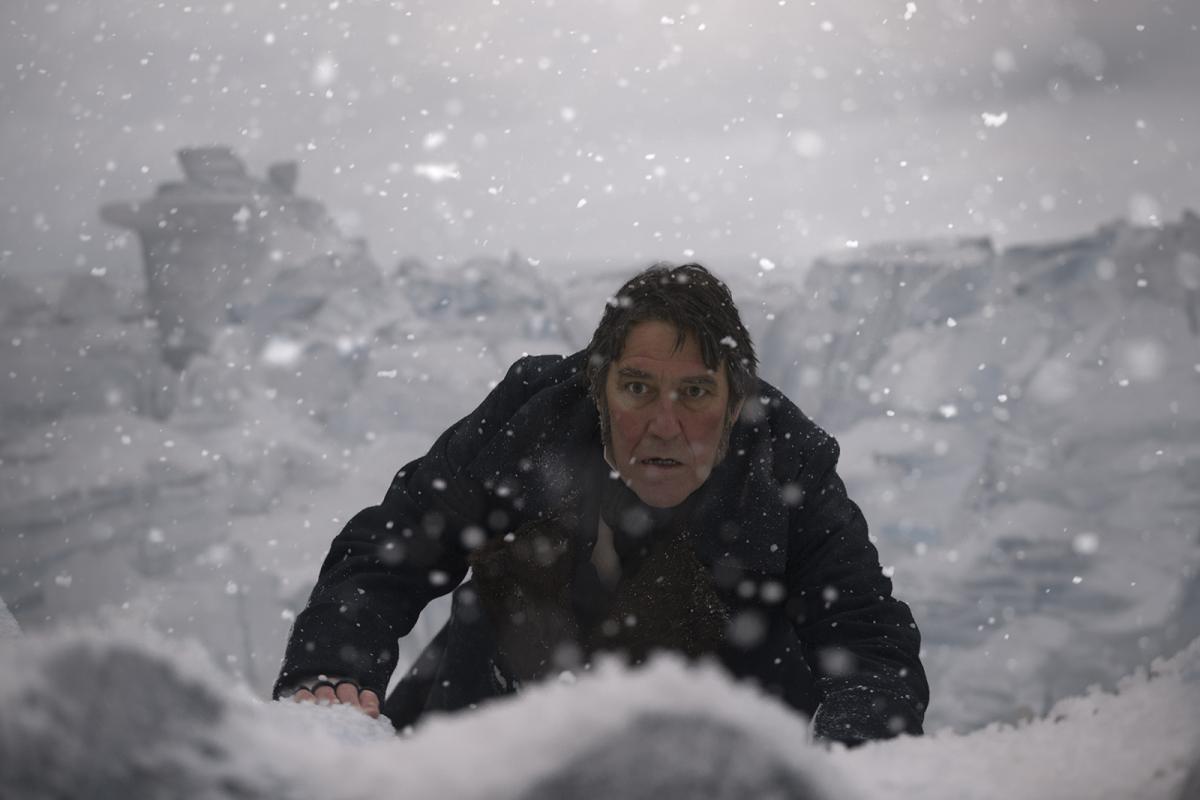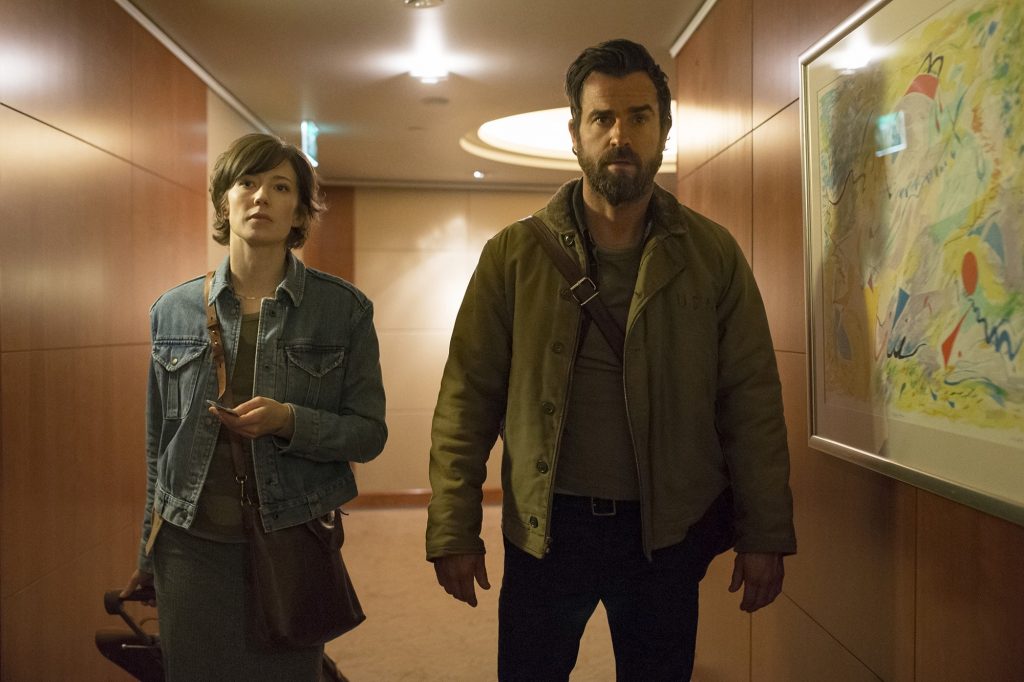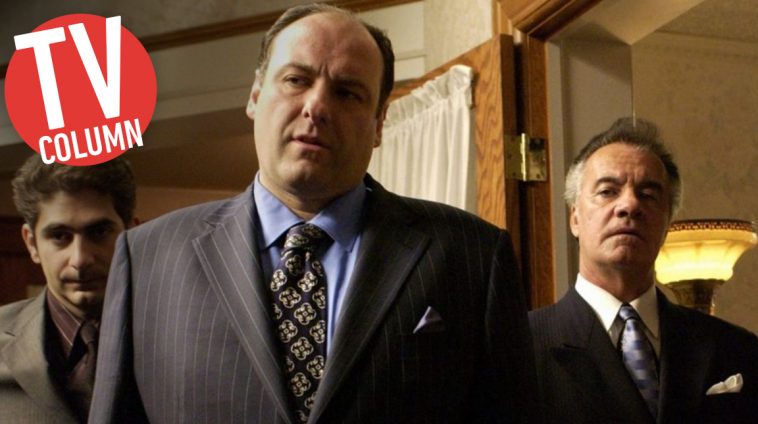 On Screenwipe, the esteemed Charlie Brooker often listed the three greatest TV shows of all time as The Wire, Deadwood and The Sopranos. It’s hard to argue there, but it’s been quite a few years since those shows called it a day and, in the meantime, TV has changed in ways that few foresaw. So, if Mr Brooker, or anyone else was to draw up that list today, would those three pillars remain intact or would they have been usurped by more contemporary equivalents?
On Screenwipe, the esteemed Charlie Brooker often listed the three greatest TV shows of all time as The Wire, Deadwood and The Sopranos. It’s hard to argue there, but it’s been quite a few years since those shows called it a day and, in the meantime, TV has changed in ways that few foresaw. So, if Mr Brooker, or anyone else was to draw up that list today, would those three pillars remain intact or would they have been usurped by more contemporary equivalents?

There are arguments to be made on behalf of many shows, from Breaking Bad to Mad Men to Game of Thrones. Last year alone, we had ground-breaking television in the shape of The Leftovers and the critically adored The Handmaid’s Tale. But what makes a show great, as opposed to just really, really good? Is it a case of exceeding lofty ambitions, a unique vision expertly realised or is it just that unquantifiable property that you only know when you see it?

I’d lean towards the latter. After all, greatness is mostly subjective, but at its highest level, it can also be a weirdly objective thing – even if you dislike the music of Elvis, The Beatles or David Bowie, you’d still have to admit that they attained a universally accepted greatness (unless you enjoy being contrarily controversial). It’s harder to attribute that kind of greatness to TV. Movies can be great, whether you like them or not: Star Wars, Casablanca, Citizen Kane, The Godfather, Tucker And Dale Vs Evil (or is that last one just me?). But TV is still very much in its infancy as a respected art form.

Part of the problem is the sheer volume of TV out there at the moment. As someone who earns a living writing about it – and who previously wrote about film – I can testify to the hours and hours needed to keep up. As Netflix continues to ramp up its original series, it’s reached the point where series regularly pop up on the platform with little or no announcement, disappearing into the ether that is the TV drama section. This removes the universality of a new show. If there are infinite choices, the chances of something being ubiquitously watched are less and less. That makes sinking into the public consciousness the way Star Wars or Elvis did pretty much impossible and objective greatness a distant dream.

True, we have our Stranger Things and our Game of Thrones, but these shows have proved themselves fallible. Only time will tell if history will forgive that ill-advised Chicago detour in the former or the sudden drop in writing quality in the latter, the same way that it has glossed over some of The Wire’s lesser moments. After its momentous final season, I’d argue that The Leftovers deserves the title ‘great’.

I’d also wager – based on what I’ve seen so far – that AMC’s The Terror will be one for the ages. But these shows faced a lot more competition for attention than The Sopranos or The Wire did, hence why most people didn’t even see The Leftovers and The Terror hasn’t had anywhere near the advance hype that it deserves. So, the answer to the question we started with is a hard “maybe”. After all, greatness is rarely attributed until much, much later. Unless you’re Lionel Messi.
- TV Column: Can Silicon Valley survive without Erlich Bachman?
- TV Column: Does all kids’ TV have to be so noisy?
- TV Column: Is Baskets the best TV show that nobody’s watching?
- TV Column: Is Legion the best Marvel adaptation yet?

























Leave a Comment